Board of Directors
PAMCA is governed by a board of directors (BoD) which is the principal policy organ of the Association, responsible for developing and monitoring policy compliance, review and approval of proposed policies, and oversight of the Secretariat and the PAMCA country chapters. Additionally, the board has the mandate to ensure that the organization achieves its goals, maintaining donor loyalty and community confidence, overseeing, and ensuring that the organization meets and adheres to all laws and government regulations within its jurisdiction, managing the organization’s reputation and motivations, and overseeing strategic planning with the organization’s executives and its execution.
The PAMCA board of directors is composed of an eight (8) member- four male and four female team. Headed by the President of the organization, the BoD holds quarterly meetings where decisions are made based on the majority rule.
The Executive Director is responsible for directing the affairs and transactions of the association, and ensures the preparation and implementation of the organisation’s activities.
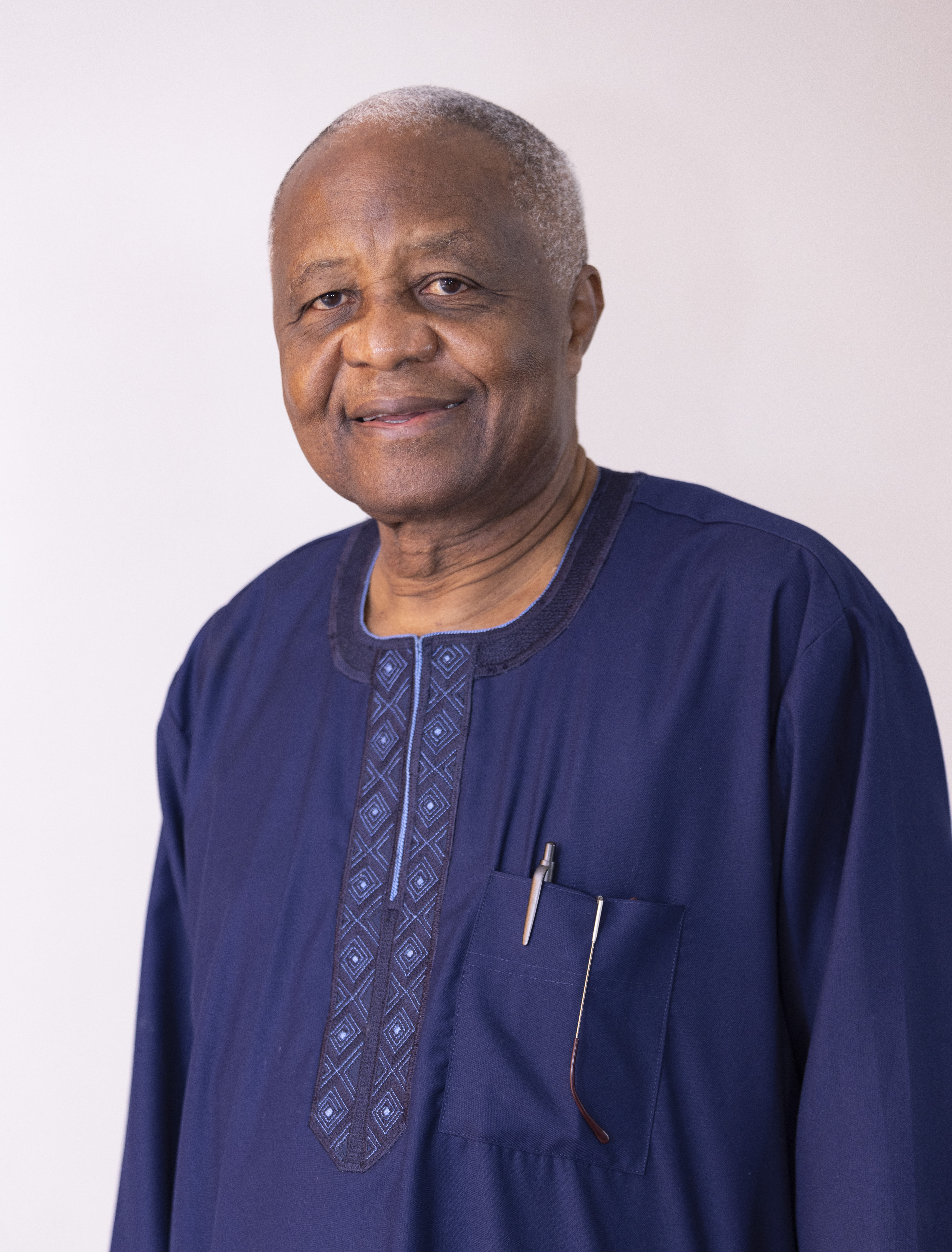
Tumani Corrah, Prof. Sir
Sir Tumani Corrah is a clinician whose fields of research include malaria, TB, and HIV. He is currently the Director of the Africa Research Excellence Fund (AREF) and a member of the Gates Foundation Scientific Advisory Committee. Prof Corrah is also the Director, UK Medical Research Council Unit in the Gambia. He joined the unit in 1982 as a junior clinician and progressed through the ranks as a research clinician, director of clinical services, and acting unit director before becoming its first African director.
For more than two decades, Sir Corrah has retained active research interests in tropical and infectious diseases. His Ph.D. was groundbreaking, as he undertook one of the first trials of immunotherapy as an adjunct to the treatment of TB in Africa. He is a joint gold medal winner from the International Medical Informatics Association. He has served on the committees of many international organisations, including the African Aids Research Network (vice president), WHO Tuberculosis Task Force in Africa (member), Royal College of Physicians of London (international adviser), Royal Society of Tropical Medicine and Hygiene (international adviser), Visiting Committee of the London School of Hygiene and Tropical Medicine (member), and Partnership Board of the EDCTP (member).
Sir Corrah served as president of the West African College of Physicians and is currently the director of the college’s international office. An expert on research governance, he is a long-standing member of the Gambia government/MRC Ethics Committee, for which he served four years as chairman. He has strong links with governmental and nongovernmental organisations in Africa and throughout the world. An expert in capacity building, Corrah has been successful in establishing several productive, mutually beneficial North-South collaborations.
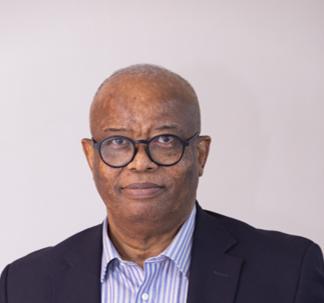
Fred Binka , PhD
Professor Fred Binka was the coordinator of the Emergency Response to Artemisinin Resistance in Cambodia for the WHO Mekong Malaria Elimination Project. Prior to joining WHO, he served as the foundation vice-chancellor of the University of Health and Allied Sciences in Ghana and dean of the School of Public Health at the University of Ghana.
Binka worked with the Ministry of Health, Ghana for over 20 years. During this time, he established the internationally acclaimed Navrongo Health Research Centre, where he conducted research on insecticide treated bed nets. A pioneer in health and population research, he has worked in 24 countries across Africa and Asia and established the INDEPTH Network.
Dr Binka has served on more than a dozen WHO expert committees and panels, including the Malaria Policy Advisory Committee since its inception, and is a trustee of several health-focused international non-governmental organisations, including IVCC and the Malaria Consortium. He is a member of the board of the International Vaccine Institute in Korea and the Council of the Ghana Health Service.
Honors received by Dr Binka include: the Rudolf Geigy Award from the R. Geigy Foundation, the Ronald Ross Medal from LSTM, and an honorary fellowship at the American Society of Tropical Medicine & Hygiene. He is also the first recipient of the Dr Pascoal Mocumbi Prize from the European and Developing Countries Clinical Trials Partnership and an Officer of the Order of the Volta from the Government of Ghana.
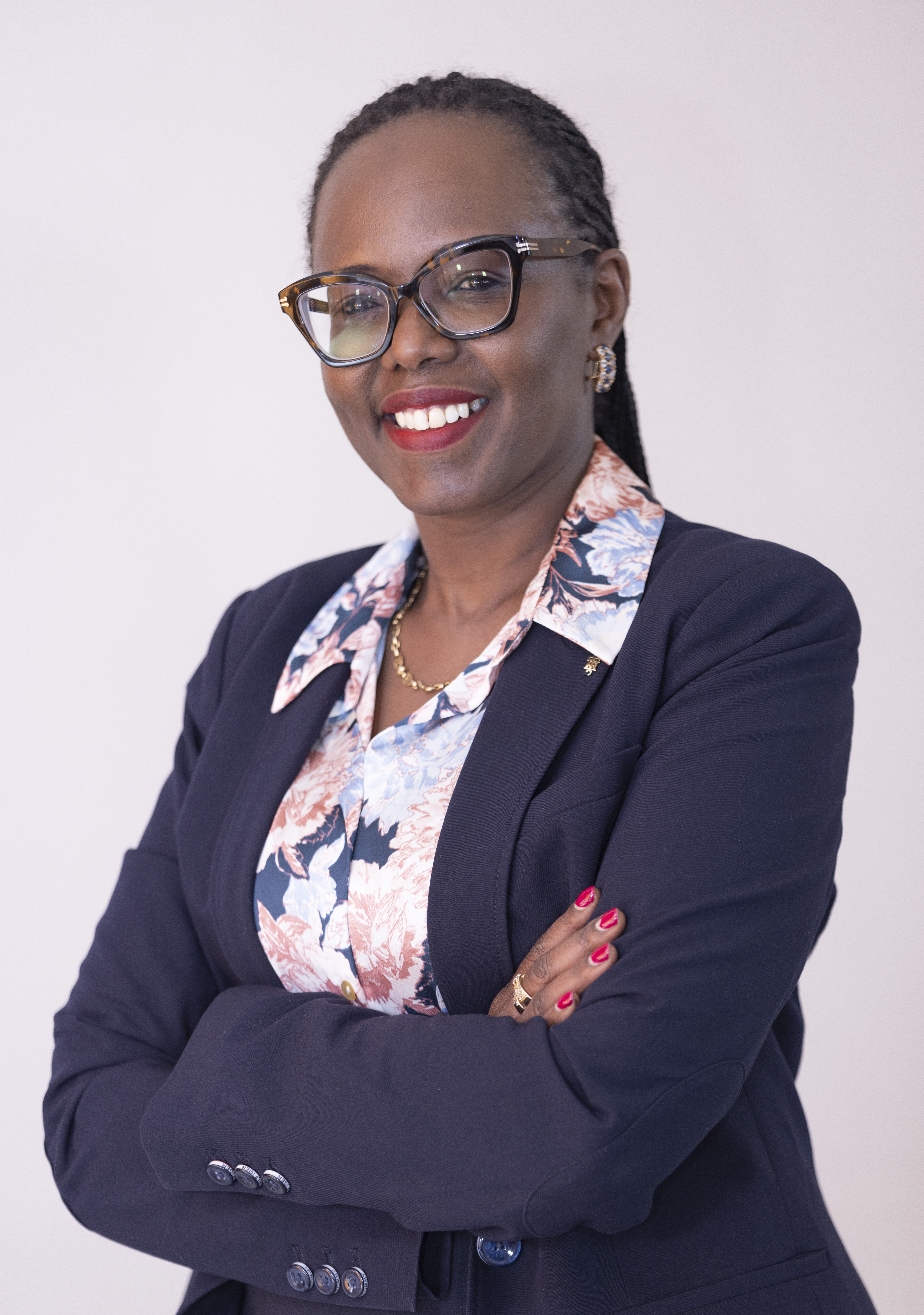
Corine Karema, PhD
Dr Corine Karema is a medical doctor, senior malaria and NTDs expert, public health specialist and researcher. Corine has extensive leadership experience in national and international health systems and has served as the Interim CEO, RBM Partnership to End Malaria, Special Advisor to the Global Fund, former Director of Rwanda National Malaria Control Program where she led the development of malaria control strategies, policies, and research, which have guided the implementation of evidence-based malaria control interventions resulting in a reduction in malaria morbidity and mortality in Rwanda.
Dr Karema was also the co–chair of the East African RBM Network Coordination committee and member of the WHO scientific and advisory committees and WHO Global Malaria Control and Elimination technical working group, WHO Program Advisory Group of the RTS, Malaria Vaccine Implementation Program, the Worldwide Antimalarial Resistance Network Scientific Advisory Committee among others.
She is currently a consultant (Malaria Senior Programme Officer) at the African Leaders Malaria Alliance (ALMA), Senior Technical Advisor for Infectious Diseases at Quality and Equity Healthcare and an Adjunct Assistant Professor in Executive Education at the University of Global Health Equity.
Dr. Karema is a French and English speaker.
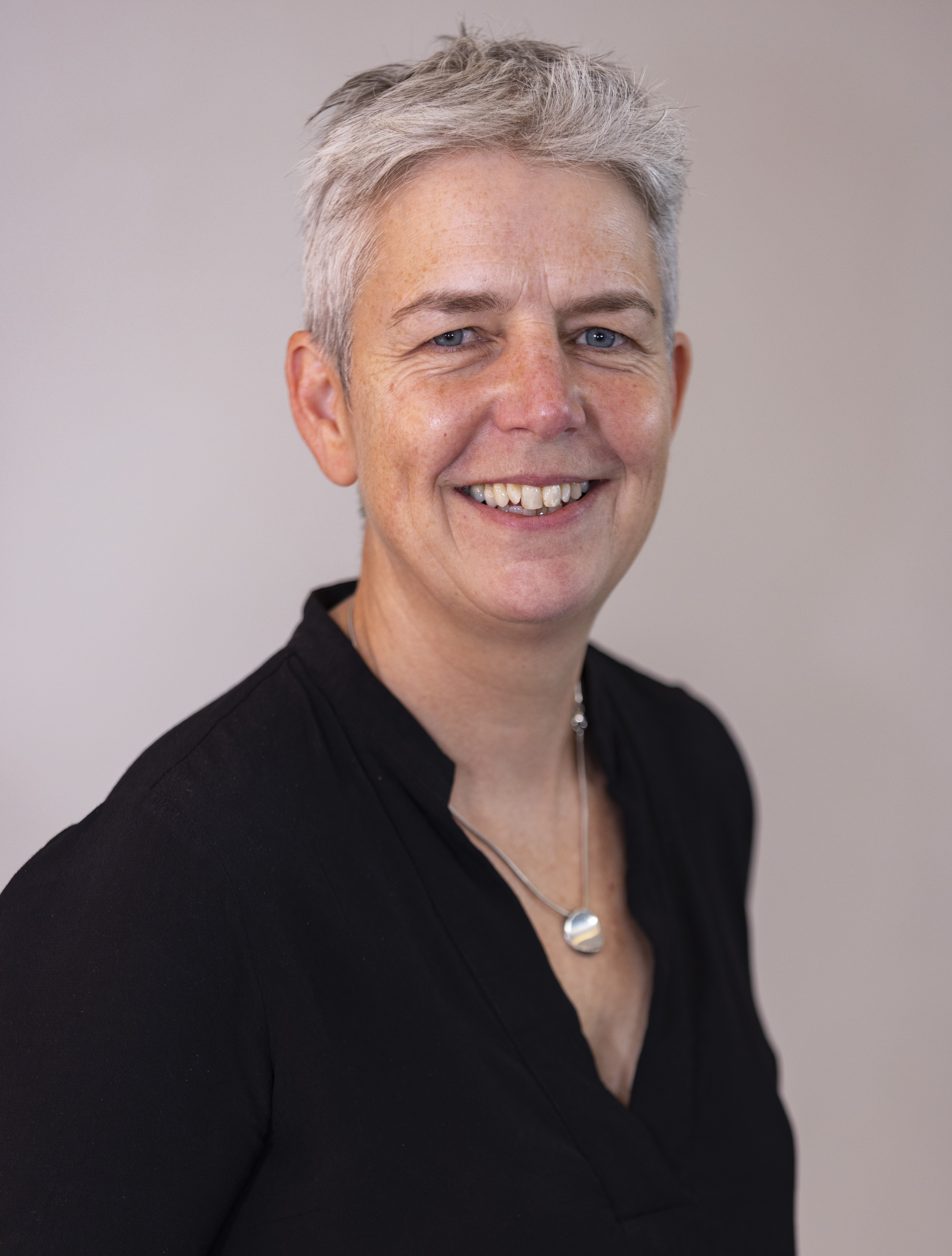
Hilary Ranson , PhD
Professor Hilary Ranson is the Dean of Research Culture and Integrity at the Liverpool School of Tropical Medicine. Hilary is a vector biologist whose research focuses on the control of mosquito borne disease and has a particular interest in the use of insecticides in public health and on the causes and consequences of insecticide resistance for disease control.
Hilary is strongly committed to strengthening capacity and is currently coordinating a major interdisciplinary program to increase the impact of vector control in sub-Saharan Africa by filling capacity gaps, strengthening linkages between research and policy, and integrating approaches to target multiple vectors borne diseases.
Professor Ranson also serves as a technical advisor to the IVCC and is a member of the Vector Control Advisory Group at the WHO. She has led several international consortia to develop and evaluate new approaches for malaria control.
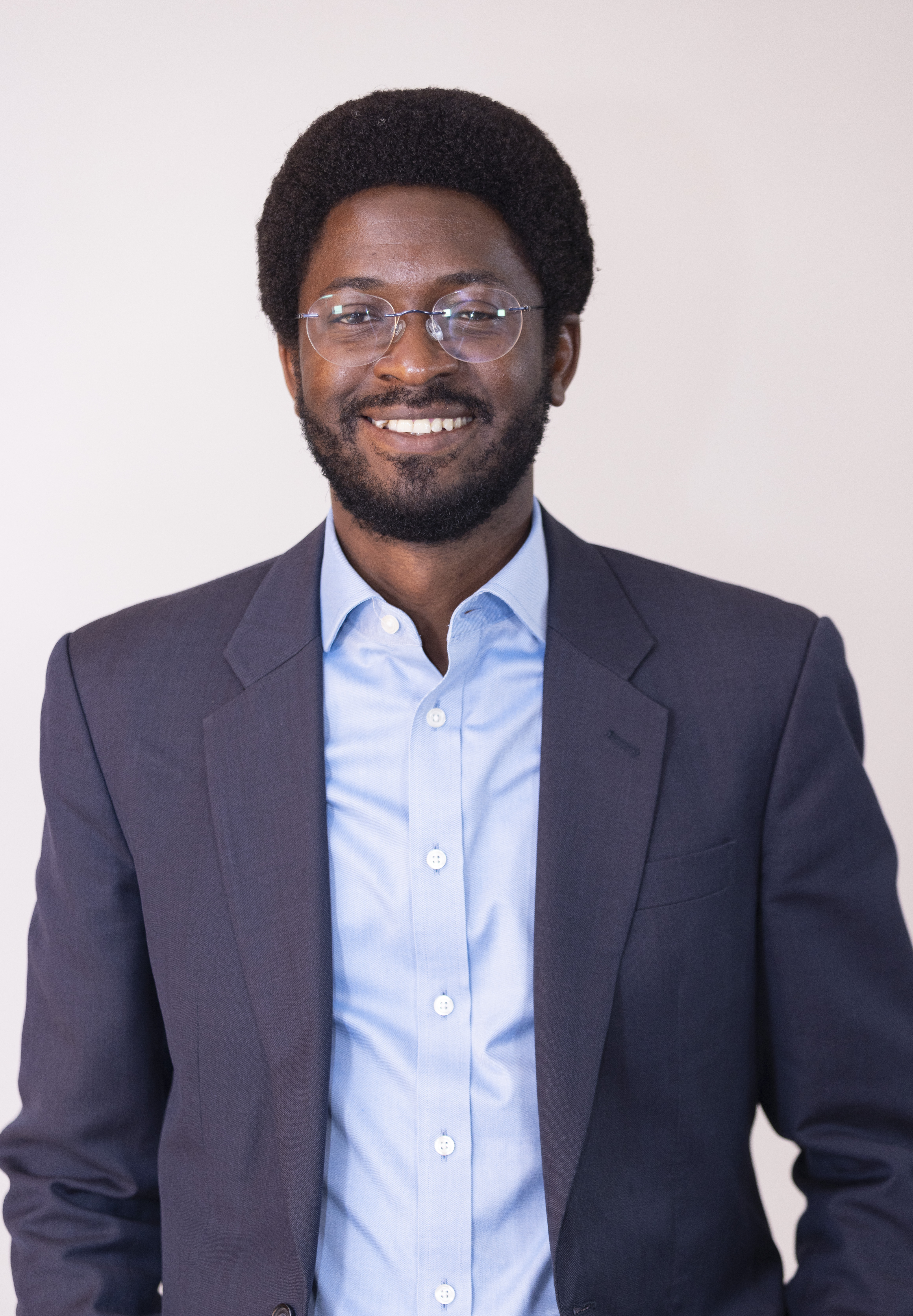
Baba Sheba, PhD
Dr Baba Sheba is the Director of Digital Education at St. George’s, University of London where he is responsible for all aspects of planning, implementing, and resourcing the University's strategy for digital education, including leadership of the Centre for Technology in Education, and professional education. He is also the academic representative on the University's Council for 2021-2024.
Prior to this role, he was the Head of Centre for Technology in Education and provided strategic direction for the University's technology in education and the professional education portfolio, with leadership for three areas/units: eLearning unit, learning technology services section, and professional education centre. Dr Sheba was also the Director at Octagon Nest where he provided strategy and tech-related consultancy and guided consultants in IT project management to align with business implementation requirements.
Dr Sheba is experienced in strategic planning, governance, and technology adoption and innovation to drive excellence in education quality and expansion. He is a scholar-practitioner and strategic leader in higher education and digital transformation, leveraging expertise in digital education and educational technology, and holds a Ph.D. in Management and Governance from the University of Twente in the Netherlands.
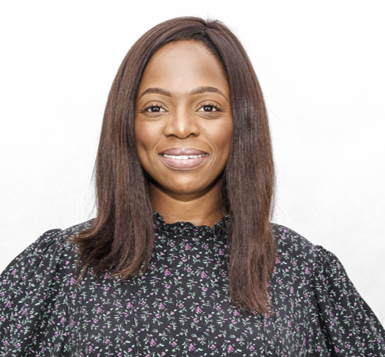
Olivia Ngou, MPH
Olivia Ngou is the Executive Director of Impact Sante Afrique (ISA), a civil society organisation that fights malaria through strengthening of local civil society, community empowerment and engagement of local decision makers. Prior to this, she was the Country Director for Malaria No More in Cameroon and an intern with the UN Special Envoy for Malaria in New York.
Olivia was also a Project Associate fellow of the Graduate Center of the City University of New York (CUNY): Health of the Wellness Project where she taught an introductory public health course to undergraduate students at CITY College. She also worked with the New York City Department of Health and Mental Hygiene Bureau of HIV/AIDS Prevention and Control as a research assistant.
Olivia is passionate about public health and the fight against malaria and strives to create a world where no one dies from malaria. She is an active member of the Roll Back Malaria Coordination Committee for Central Africa and a member of the Community Delegations to the Global Fund Board to fight AIDS, Tuberculosis & Malaria.
Olivia is a recipient of the prestigious Reach Awards in 2019.
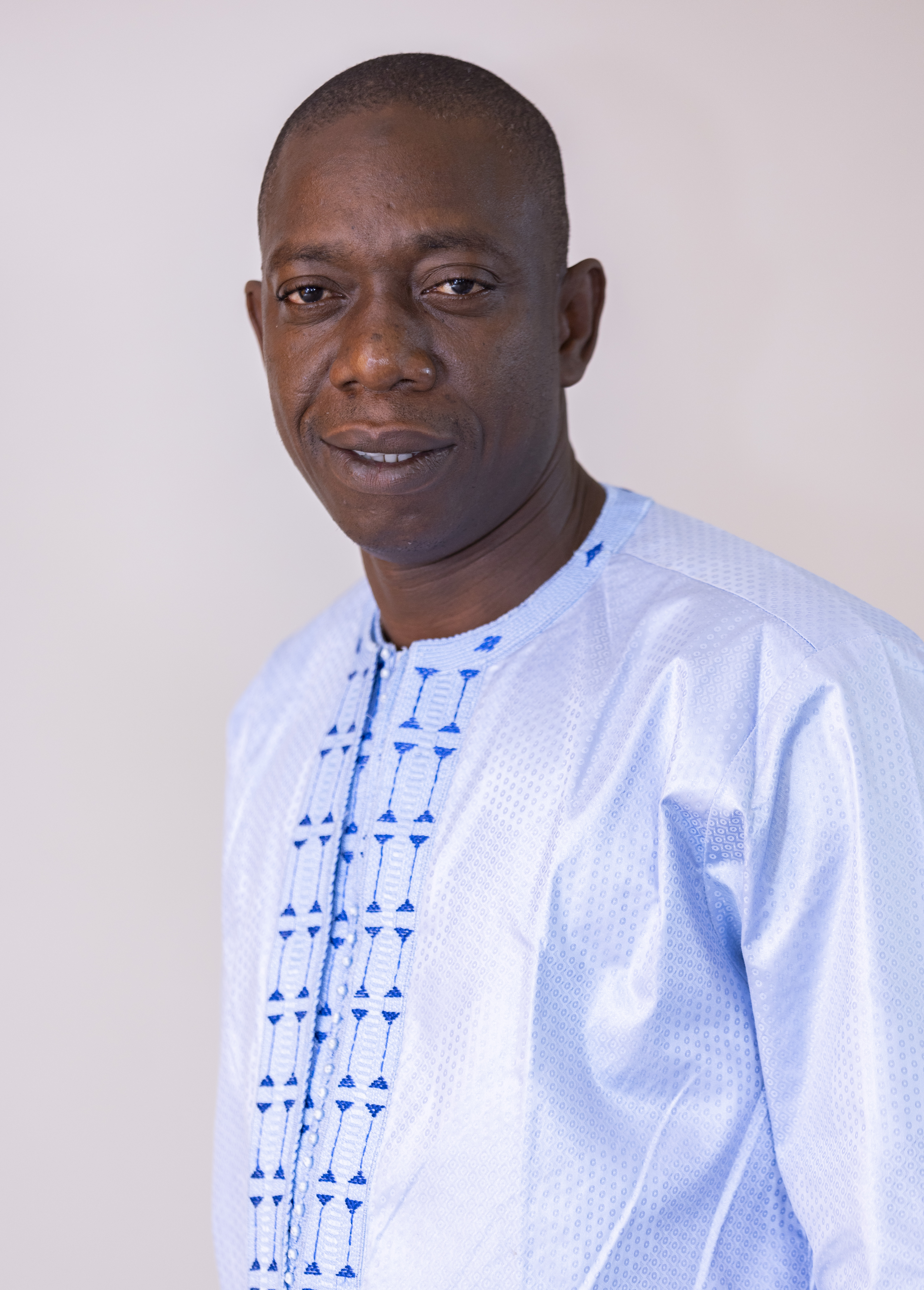
Mohamed Traoré, PhD
Dr Mohamed Traoré is an Assistant Professor in the Department of Public Health at the University of Sciences, Techniques and Technologies of Bamako (USTTB). His research focuses on environmental health issues as population and urban growth have resulted in ecological and biodiversity changes which significantly influence vectors and vector-borne diseases.
Dr. Traoré’s research also includes lymphatic filariasis, dengue and malaria vector control and ecology, use of environmentally harmful chemicals, and climate change and its role on non-communicable diseases in low-income countries.
For the past 10 years, he has been working on ATSB as a potential new mosquito control paradigm in Mali and other African countries. In collaboration with the Salt Lake City Mosquito Abatement District, Utah, and the Anastasia Mosquito Control District, Florida, he has helped arrange and coordinate the first integrated American style vector control program, with state-of-the-art technology, in Mali.
Dr. Traoré received the Fulbright scholarship in 2013, one of the most prestigious scholarships in the world that aims to train future leaders.
